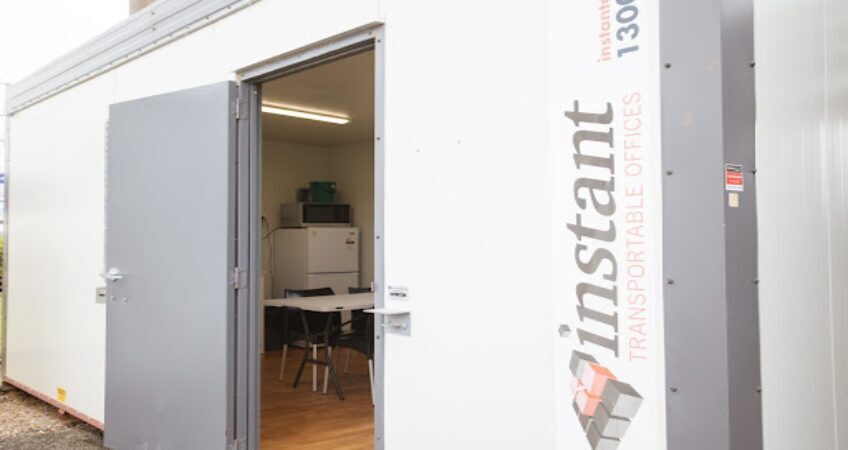In the demanding world of mining and construction operations, the need for efficient, swift, and adaptable building solutions has never been greater. Infrastructure must not only meet operational requirements but also adapt to the dynamic nature of these industries.
Two predominant construction types emerge: modular and on-site buildings. While traditional buildings have been a popular choice for years, modular constructions are gaining traction as a modern solution. The choice between these two isn’t merely aesthetics or based on tradition; it has profound implications for cost, time, and adaptability.
Table of Contents
Drawing from over 20 years of experience in supplying Australia with transportable dongas, we recognise the significance of this shift. As experts, we’re here to guide you towards the best building choices for your unique needs.
Overview of In-Situ Commercial Buildings
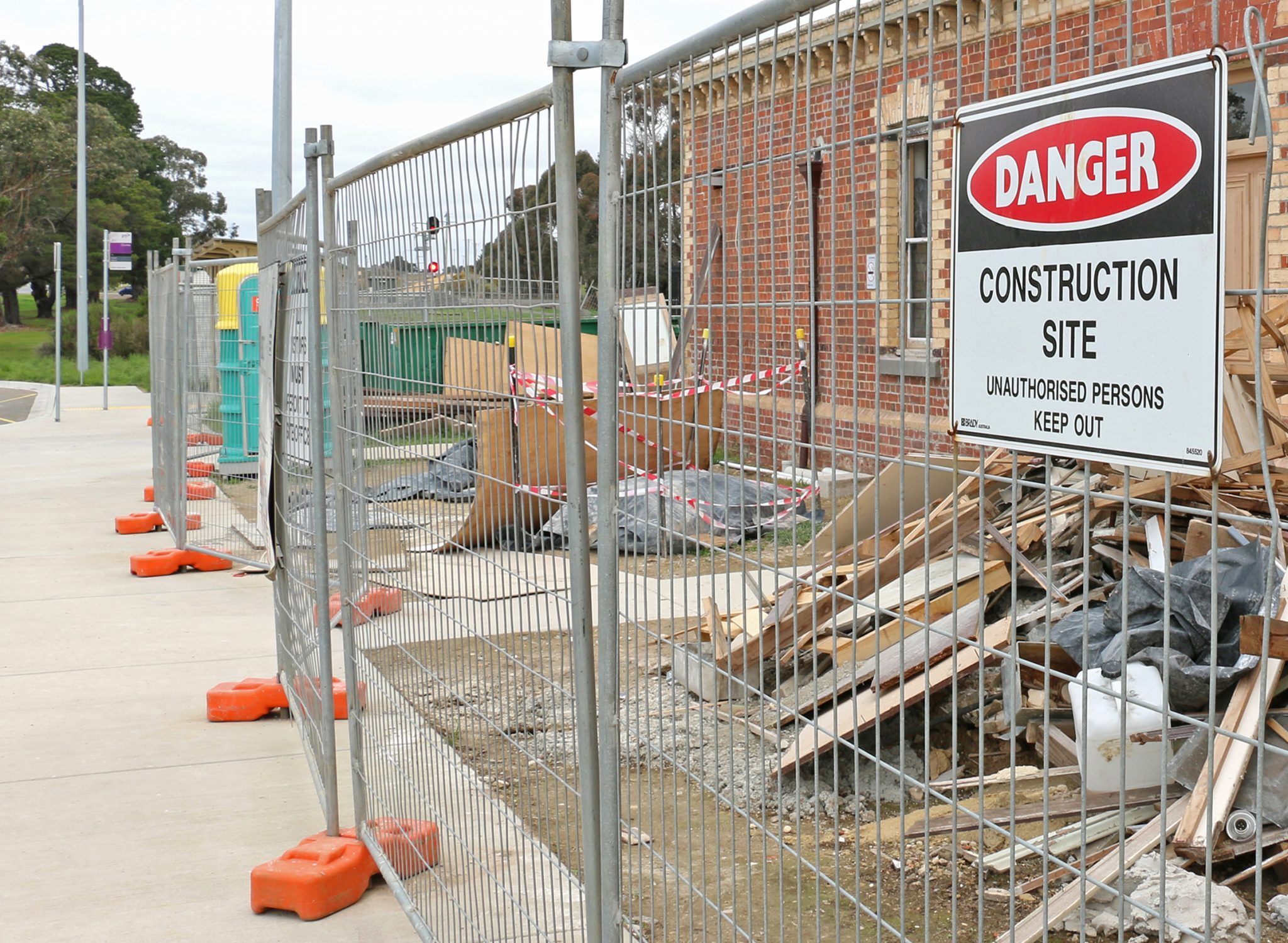
Traditional commercial buildings refer to structures constructed using time-honoured methods, typically involving on-site assembly, brick-and-mortar, or concrete laying. These buildings are often characterised by their solid foundations, and extensive use of materials like steel, wood, and concrete. Their construction process can span years depending on the size.
Notable for their permanence, they represent the conventional approach to infrastructure, often being less flexible in design modifications once built.
Limitations of On-Site Commercial Buildings
Extended Construction Time: Prolonged building periods can delay the commencement of worksite operations and impact overall productivity.
Cost Overruns: In-situ construction often faces budgetary challenges, leading to unexpected costs and financial strains.
Rigidity in Design: Once construction of traditional buildings starts, making alterations or modifications becomes difficult, if not impossible, limiting the adaptability of the structure to evolving operational needs.
What are Modular Commercial Buildings?
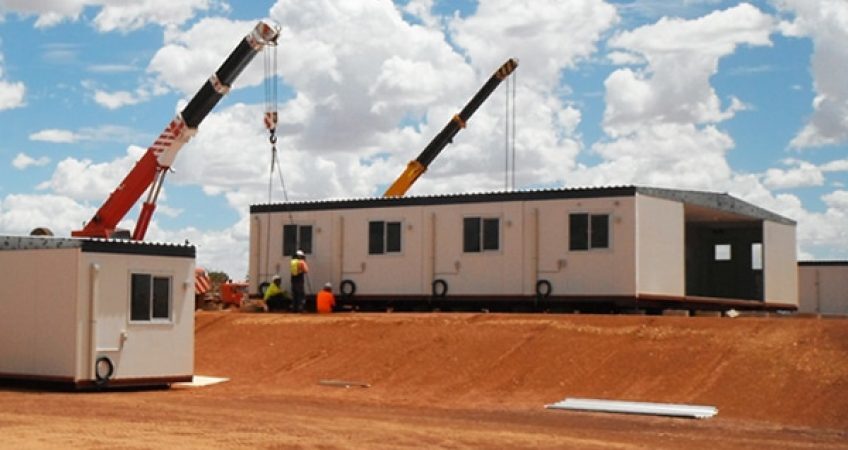
Modular commercial buildings are recognised by various names across different regions and industries. Often you’ll hear them referred to as ‘transportable buildings‘ due to their ability to be relocated with ease. In certain parts of Australia, especially within the mining and construction sector, they’re commonly known as ‘dongas‘.
Modular commercial buildings are prefabricated structures constructed off-site in controlled environments and then transported to their final location for assembly. Characterised by their streamlined and efficient building process, these structures are a testament to modern construction techniques.
Their design emphasises adaptability, allowing for easy reconfiguration and expansion based on evolving needs. This approach not only ensures quicker construction times but also offers flexibility, making modular buildings an increasingly popular choice in dynamic industries.
Advantages of Modular Commercial Buildings
- Speed of Construction Method: The rapid construction of modular buildings minimises operational delays and ensures quicker project completion. As modular construction is generally completed off-site in a factory, it can be completed in half the time since construction can commence before approvals are granted.
- Cost-Effectiveness: Modular buildings offer better budget predictability and often result in cost savings.
- Design Flexibility: These buildings can be easily reconfigured, expanded, and relocated, allowing operations to adapt swiftly to changing requirements.
Debunking Common Myths About Modular Buildings
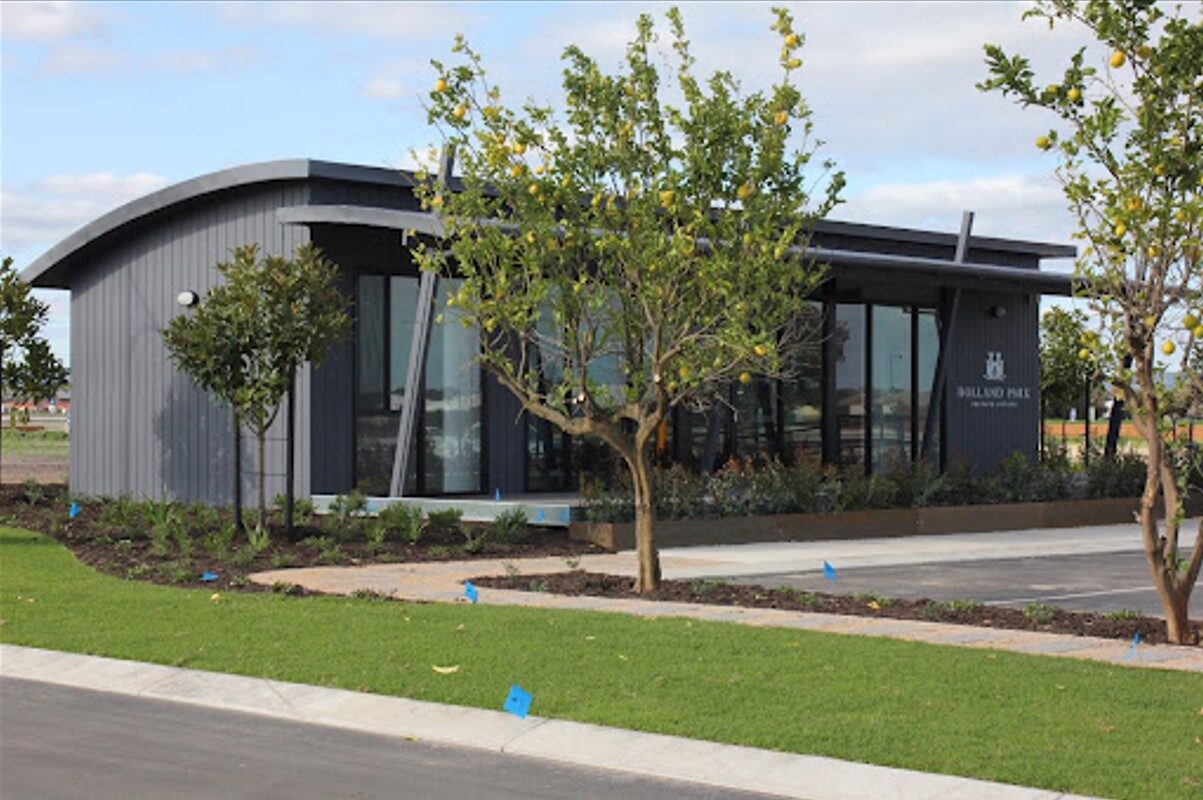
“Are they less appealing visually?”
With modern design advancements, modular buildings can be tailored for aesthetic appeal to rival and surpass traditional designs.
Here at Instant Transportable Offices, we can professionally design the interior and exterior of your donga.
“Can they match the structural integrity of traditional buildings?”
Our modular buildings are constructed to follow the National Construction Code of Australia, ensuring they’re just as durable and reliable as their traditional counterparts.
Additionally, dongas can also be built to withstand cyclonic conditions. Cyclonic footings add an extra layer of safety and resilience, making them a competitive choice for the harshest of environments.
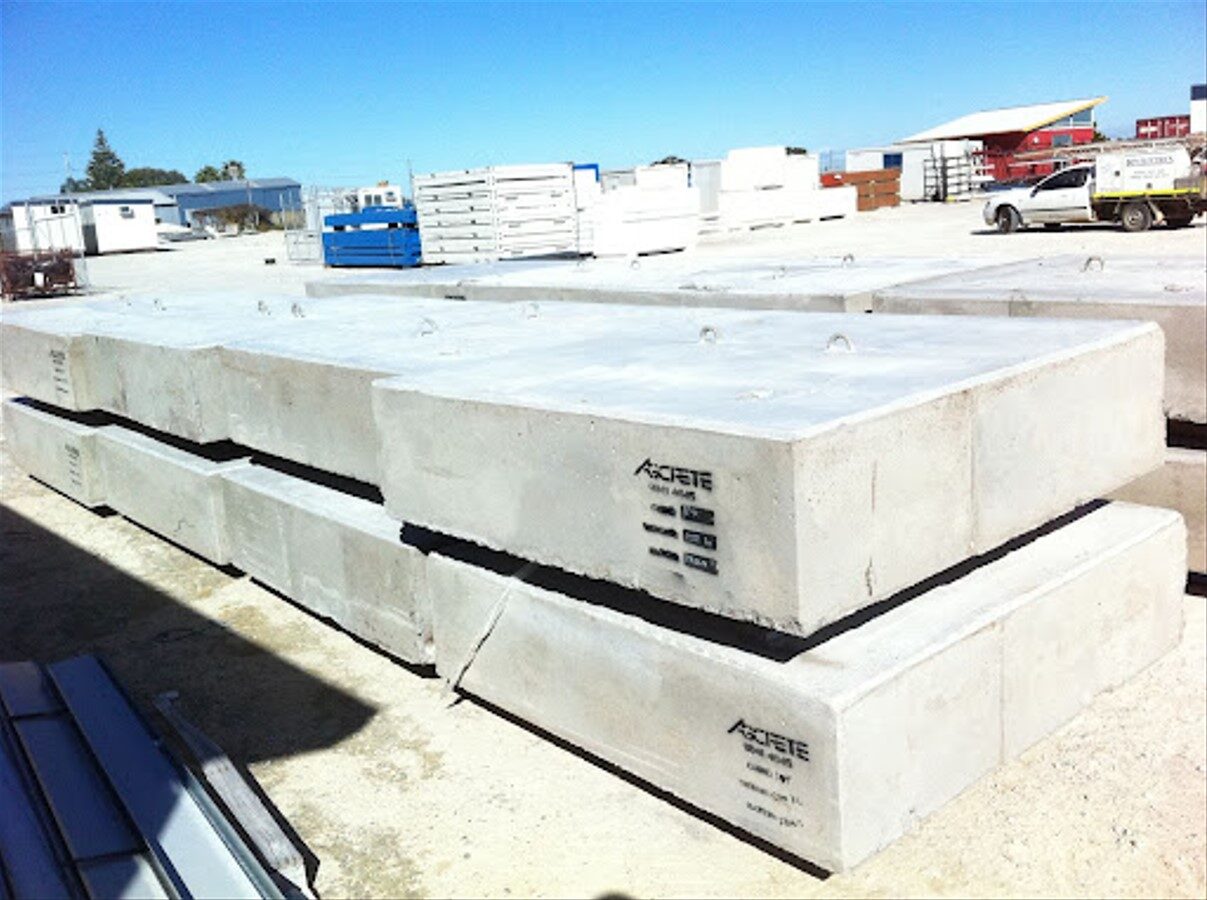
“Are they just a short-term solution?”
With modular buildings being commonly used within the construction industry, it’s easy to see why people view ‘transportable’ as a temporary solution.
While modular buildings offer flexibility, they’re designed for longevity, suitable for temporary operations and also long-term use. The main difference is that they provide the advantage of being relocatable. This means that as your operations or requirements change, the building can move with you.
Why Modular Beats Traditional
When weighing the overall costs, modular buildings frequently come out ahead.
Initially, the material and construction costs for modular structures are often lower, thanks to streamlined manufacturing processes and bulk material procurement. But the savings don’t stop at the outset. Over time, modular buildings often require less maintenance than traditional structures, leading to further cost reductions in the long run.
When you factor in the time saved from quicker off-site construction and on-site setup, it becomes clear why modular is the financially savvy choice, offering both immediate and long-term economic advantages.
The Modular Advantage with Instant Transportable Offices
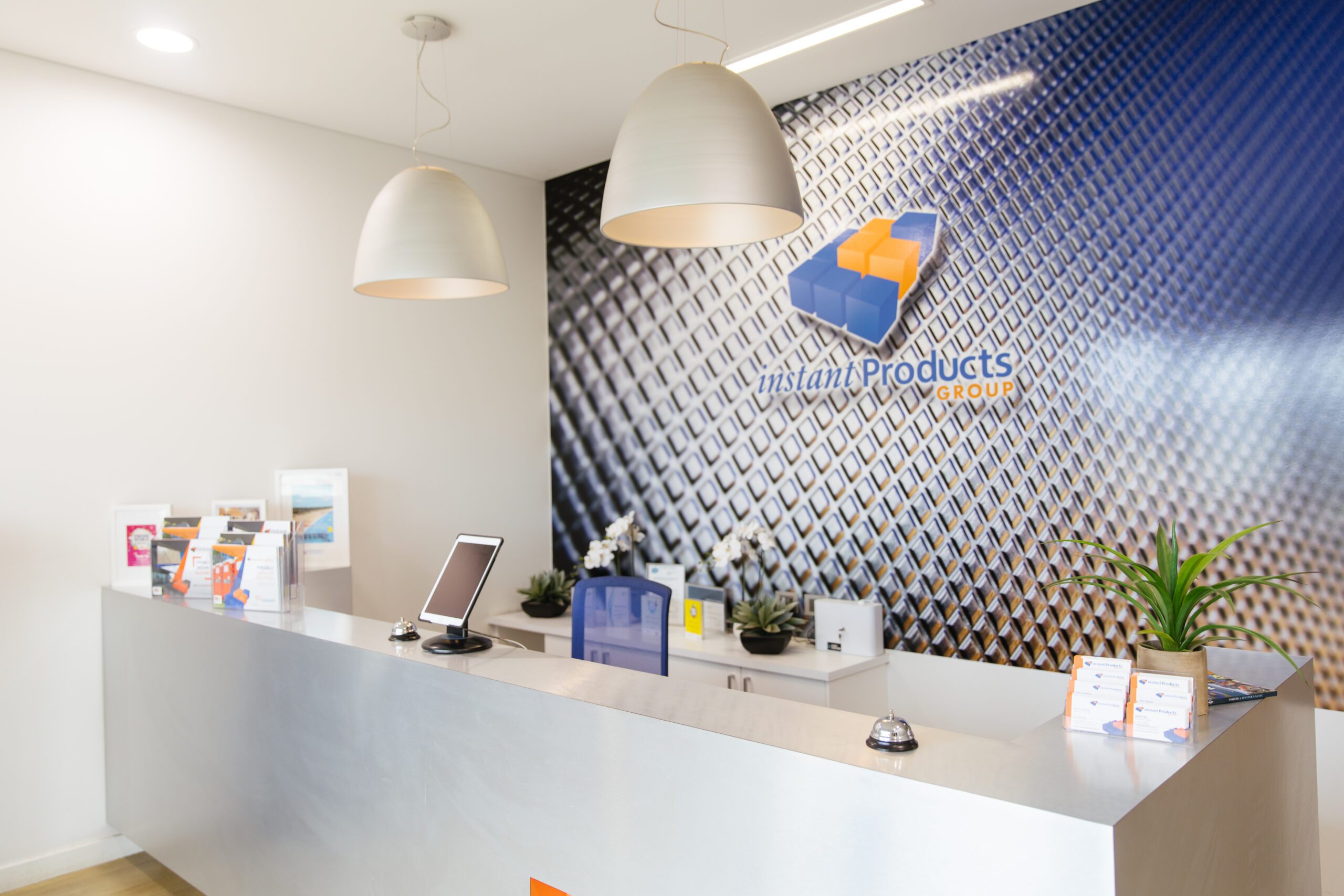
As we’ve shown, modular commercial buildings offer unparalleled advantages for mining sites when compared to traditional constructions. Their modern design and construction techniques provide both immediate and long-term benefits.
At Instant Transportable Offices, we’ve seen firsthand the superior benefits that transportable buildings bring to work sites. For operations seeking efficient and flexible infrastructure solutions, considering modular is a must. Browse our range of dongas for sale to experience the modular difference.
For those exploring efficient and adaptable building solutions, demountable buildings offer a compelling advantage. Instant Transportable Offices, located at 18 Rogers Way, Landsdale WA 6065, provides a wide range of demountable buildings for sale, ensuring quality and flexibility for your needs. Contact us at +61 (0) 8 9406-6600 for expert advice and 24/7 customer support at 1300 556 241.
Frequently Asked Questions
What’s the difference between modular and traditional construction?
Modular construction uses prefabs made off-site and assembled at the destination, offering quicker build times and flexibility. Traditional construction happens on-site, often taking longer and being less adaptable.
Are modular buildings as sturdy as traditional buildings?
Yes, modular buildings meet or even exceed the same building standards as traditional structures, ensuring they’re just as sturdy and fit for long-term use.
Can you customise modular buildings?
Definitely. Modular buildings provide significant design flexibility, allowing for customisation of both the interior and exterior to suit specific looks and practical needs.
Is modular construction cheaper than traditional construction?
Generally, yes. Modular construction can save on costs due to shorter build times, lower labour expenses, and less waste, which leads to predictable budgets and cost savings.
Can modular buildings be moved?
Yes, a major benefit of modular buildings is their ability to be easily moved, providing flexibility to relocate or expand as your operational needs change.

Managing Director at Instant Sea Containers
Scott Rawson is the Managing Director of Instant Products Group, a specialist group of companies that offer portable building solutions, including sea containers, transportable offices, and portable sanitation products. With more than 20 years of experience in various management positions and a finalist in the WA Business News 40 under 40 awards in 2013, Scott is a highly motivated entrepreneur that has a passion for designing products to suit the needs of individual markets. From the creation of Instant Products Group over 20 years ago, he has successfully grown the group into a multi-million dollar corporation and his success is widely recognised in Western Australia. Scott is dedicated to expanding Instant Products Group nationally and providing high-quality products to a range of sectors, including mining, engineering, property development, and government.

